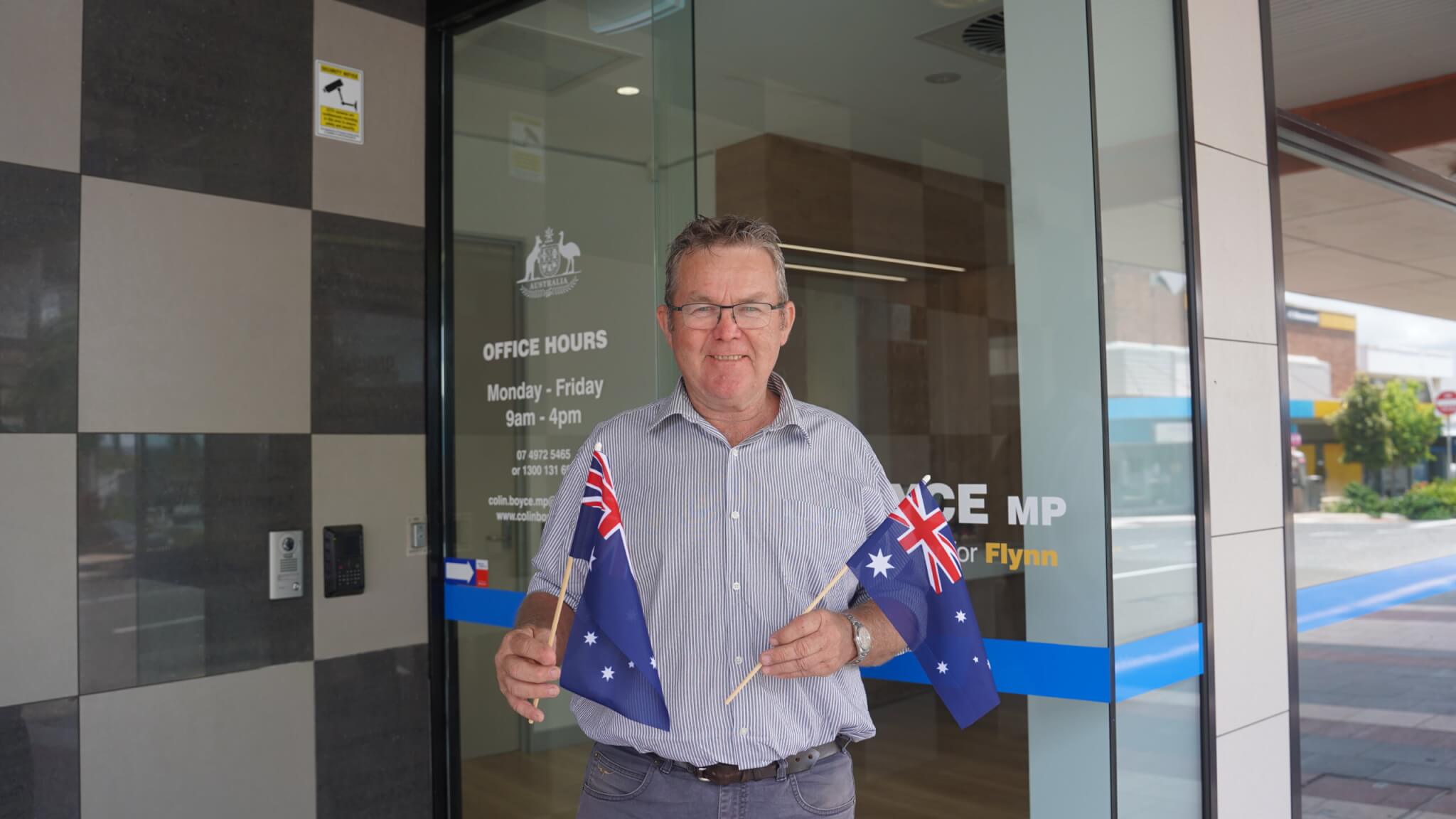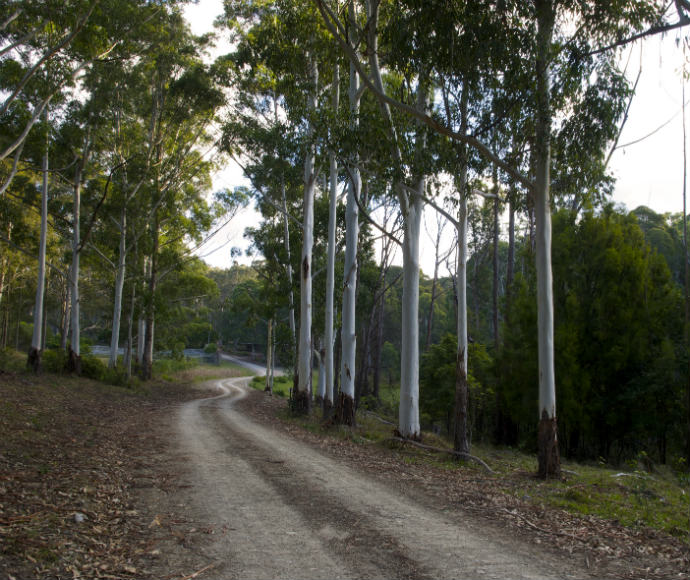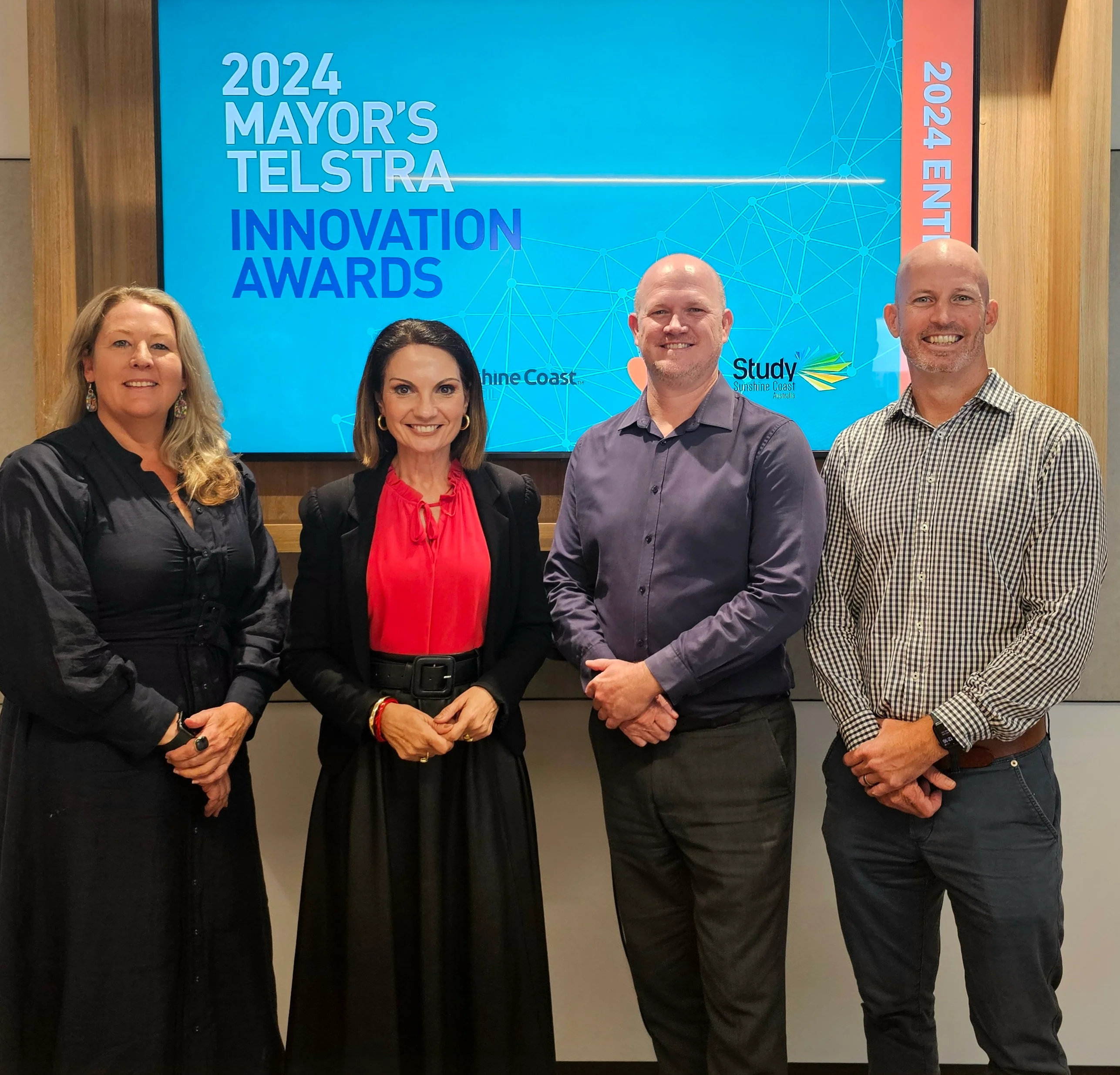Last week, I was joined by NFF CEO Tony Mahar and representatives of our member organisations on a consultative tour across the Murray Darling Basin catchment from southern Queensland to the mouth of the Murray in South Australia.
The tour took place
in Goondiwindi, St George, Dirranbandi, Walgett, Menindee, Swan Hill,
Deniliquin, Shepparton, Goolwa and Wellington in the lower lakes.
The week was a
follow-up to NFF’s visit to the southern Basin late in 2019.
Meetings were held across the Basin with representatives of local communities, farm groups and others. Importantly the tour group also took the opportunity to get on farm and see for themselves how the Plan was impacting those who are living it every day.
Day 2 of our @NationalFarmers tour saw us visiting Dirranbandi for brekky and then an on farm Roundtable to discuss some of the local issues. Finished the day with an afternoon meeting at Walgett. @NSWFarmers @nswirrigators pic.twitter.com/NnH5rm9CwP
— Fiona Simson (@afsnsw) February 13, 2020
Beyond the well
understood and devastating effects of the pernicious drought, it remains clear
that the implementation of the Basin Plan continues to have a telling effect on
communities.
Less economic
activity is adversely impacting communities, businesses and people are hurting.
Many are uncertain about their future in agriculture and whether there’ll be a
future for their children.
It was nevertheless
acknowledged that this pain is not all about the Plan, but it has exacerbated
impacts of drought and already perverse outcomes from water markets.
A very clear message from all communities was that they care very deeply about protecting and nurturing their natural environment. They support a plan that delivers better environmental outcomes.
The prevailing message was that the implementation of the Plan has been poor, and continues to deeply hurt and damage these communities, and it could have and should have been done better.
There’s no shortage
of willingness from communities to help improve the Plan.
As a dynamic instrument with inbuilt review mechanisms the Plan must continue to adapt.
Day 3 of @NationalFarmers #MDBA tour was spent at #Menindee. Thanks so much to Rachel and all the Menindee community for taking us around and helping us fully understand the needs of your community. @NSWFarmers pic.twitter.com/6XbDIJGVQy
— Fiona Simson (@afsnsw) February 13, 2020
Reports such as the Productivity Commission five-yearly review of the implementation of the Plan provides a blueprint to redress a number of community concerns. Governments have done a very poor job of getting on and implementing these reforms and they need to do so immediately.
Consultation exhaustion was increasingly evident everywhere we visited. The impact of the Plan on people’s lives is core business for rural communities. As communities show up, again and again, to put their case, outline the issues, and what they believe are solutions, there is a feeling that there is little response provided to these legitimate concerns – whether it is consultation on improving water resource plans; perverse outcomes of water markets; or expressing how the plan has impacted communities.
.@NSWFarmers members in Deniliquin catching up with @tonymahar and @afsnsw today to talk about local water and drought management topics as part of the @NationalFarmers water tour pic.twitter.com/Cf0SEShHcK
— NSW Farmers (@NSWFarmers) February 13, 2020
What communities
want, and what is clearly needed, is for those with their hands on the policy
and legislative levers to address their concerns concisely and equitably.
There are wicked problems to solve and it was obvious that many proposed solutions need to balance against adverse impacts elsewhere, but the feeling of ‘nothing happening’ needs to be overcome and reinstate confidence and trust in these communities that are hurting. Ongoing consultations need to run their course, frustrating as that may be, and once complete, sensible and necessary actions must be taken with alacrity.
Rural communities remain resilient, the returning confidence on the back of some welcome rain was evident.
Communities are continuing to adapt. While there were varying perspectives the overwhelming feeling is that businesses and their communities are getting on and getting it done.
Most pleas were to fix the Plan – rather than throw it away.
People feel continually let down by government, trust is critically low, this needs remedying. More credible and reliable voices are needed, especially within government and departments, and this can only be achieved by delivering outcomes not rhetoric.
Thanks to NFF and their various State Farming organisations for embarking on a Baisin Plan listening tour. A great opportunity to hear first hand about local issues and concerns. @NationalFarmers #MDBA tour @ricegrowers @VicFarmers @NSWFarmers @afsnsw @RiceExtension pic.twitter.com/doaPW4hoZI
— Graeme Kruger (@graemeskruger) February 14, 2020
Ultimately the
pathway forward tells us that there needs to be continued pressure on governing
institutions to act. This needs to be done in a wise and considered manner.
It would be helpful to all if there is a broad perspective maintained. The trend towards headline seeking – often devoid of key facts – is not helpful, and even more so a lack of capacity to consider issues confronted by others. Walking a mile in someone else’s shoes might help add calm and clarity.
I’d like to personally thank you to all who engaged, gave their time and shared their experiences and knowledge with us throughout the tour.
Water users across
the Basin have rights, those rights must be respected and legally delivered. At
almost every stop we heard about how people elsewhere in the Basin were doing
the wrong thing, taking water when they shouldn’t; using inefficient practices;
getting water they don’t deserve, or simply doing better under the Plan than
others feel like they are.
The continued implementation of the Plan needs to take all perspectives into account. The NFF will continue to do so, in close consultation with our members and take a collective and considered view forward. Our task is to continue to engage on behalf of the whole Basin and are already engaging with newly minted federal water minister, Keith Pitt.
Finished a top to bottom tour of the MDB at the mouth of the Murray. Talked with farmers from Goondiwindi to Goolwa on what needs to be fixed. Many concerns but ultimately more that unites than divides us. @NationalFarmers @afsnsw @farmer_dj @PProducersSA @NSWFarmers @AgForceQLD pic.twitter.com/cDzpp7KzRB
— Tony Mahar (@tonymahar) February 15, 2020








